The Ultimate Evergreen Vine for Any Garden
Devil's Ivy is known for its resilience and adaptability, making it an ideal choice for beginners or busy individuals. Its trailing vines can grow several feet long, adding a lush, tropical feel to any room. This versatile plant is also excellent for purifying indoor air, removing toxins such as formaldehyde and benzene.
If you're thinking of transforming your outdoor space by designing a garden that will include Devil's Ivy, here's everything to know about this evergreen vine.
How to Plant Epipremnum Aureum (Devil's Ivy)?
Devil's Ivy is easy to propagate and care for, making it a popular choice for indoor gardening. Follow these simple planting steps to plant and grow your Devil's Ivy:
- Choose a well-draining pot with ample drainage holes to prevent waterlogging.
- Use a quality potting mix rich in organic matter to provide nutrients and support root growth.
- Take stem cuttings with at least two nodes and remove the lower leaves. Plant them in the soil, ensuring the nodes are submerged.
- Place the pot in a location with bright, indirect sunlight to promote healthy growth.
- Keep the soil consistently moist but not waterlogged. Water when the top inch of soil feels dry.
- Devil's Ivy is a fast grower. Prune regularly to control its size and shape.
Why Should You Buy Epipremnum Aureum (Devil's Ivy)?
Devil's Ivy offers numerous benefits beyond its aesthetic appeal. From improving indoor air quality to its low maintenance requirements, here are some reasons why you should consider adding Devil's Ivy to your indoor space:
- Air Purification: Devil's Ivy is renowned for its ability to purify indoor air by removing toxins such as formaldehyde, benzene, and xylene. By buying Devil's Ivy, you can enhance the air quality in your home or office, creating a healthier environment for you and your family.
- Low Maintenance: One of the key benefits of buying Epipremnum Aureum is its low maintenance requirements. This plant is incredibly easy to care for, making it perfect for beginners or busy individuals. With minimal attention, such as occasional watering and moderate light, it can thrive and beautify your indoor space effortlessly.
- Versatility: When you buy Epipremnum Aureum, you're investing in a versatile plant that can be grown in various settings. Whether you choose to place it in a hanging basket, pot, or train it to climb walls or trellises, Devil's Ivy adds a touch of greenery to any space. Its cascading vines can complement a wide range of interior design styles, from traditional to modern style.
- Natural Décor: Devil's Ivy serves as a natural décor element, enhancing the aesthetics of your indoor space with its lush, trailing foliage, and vibrant green leaves. By buying Devil's Ivy, you can bring freshness and vitality into your home or office, creating a more inviting and harmonious atmosphere.
- Stress Reduction: Studies have shown that indoor plants, including Devil's Ivy, can help reduce stress levels and promote a sense of well-being. By incorporating Epipremnum Aureum into your indoor environment, you can create a more relaxed and tranquil atmosphere, where you can unwind and rejuvenate after a long day.
How to Care for Epipremnum Aureum (Devil's Ivy)?
Devil's Ivy is a resilient plant that requires minimal care, but proper attention is still necessary to keep it thriving. Follow these care tips to ensure your Devil's Ivy remains healthy and vibrant:
- Place your Devil's Ivy in bright, indirect sunlight to promote optimal growth. Avoid direct sunlight, as it can scorch the leaves.
- Water your Devil's Ivy thoroughly when the top inch of soil feels dry. Ensure proper drainage to prevent waterlogging, which can lead to root rot.
- Use well-draining potting soil to prevent water accumulation around the roots. Repotting may be necessary if the plant outgrows its current container.
- Feed your Devil's Ivy with a balanced liquid fertiliser diluted to half strength every 4-6 weeks during the growing season. Reduce or cease fertilisation in winter. Find more fertilising tips here.
- Trim any yellow or dead leaves regularly to maintain the plant's appearance and encourage new growth.
Things to Consider When Growing Devil's Ivy
Devil's Ivy is an excellent addition to any garden that needs its vibrant foliage for a lush garden. It's also easy to grow since it's an adaptable vine. It's one of the most common houseplants that are great for beginners because they're low-maintenance and can handle a variety of conditions.
It is, however, worth noting that this plant has the tendency to be invasive especially in an outdoor setting, which can potentially smother other plants. Regular pruning is essential to ensure it doesn't spread beyond its allotted area.
If not pruned regularly, it can grow uncontrollably, which is not a good look if balance and symmetry in the garden is important to you. There's also the matter of the plant's sensitivity to very cold climates.
Most importantly, it's important to note that Devil's Ivy can be toxic to dogs and cats, irritating their mouth and tongue and causing vomiting. The plant's toxicity comes from the stem and the leaves, which contain insoluble calcium oxalates.
Treating Devil's Ivy for Signs of Pests and Diseases
Devil's Ivy has a few pests problems including spider mites, mealybugs, and scale insects. You'll spot these pests by the tell-tale signs of stunted or deformed growth, yellowing leaves, and small bumps on stems and leaves.
To treat your plant from pests infestation, solutions like neem oil and mild insecticidal soap usually help manage the problem. Horticultural oils can also be effective to deal with scale insects.
Other potential issues aside from pests are fungal diseases like leaf spot. Ensure excellent air circulation if you want to be proactive about it. Overhead watering must also be avoided.
You can use fungicides to help repair your plant's health. If the issue is root rot, avoid overwatering and ensure the plant is planted in a well-drained soil.
Where Can I Buy Epipremnum Aureum (Devil's Ivy)?
Bring the beauty of Devil's Ivy into your home today! Visit Local Botanist to purchase high-quality Devil's Ivy plants for your garden. Our plants selection includes healthy specimens ready to enhance your living space.
Contact us for more information on how to care for your new plant addition and ensure its thriving growth.
Companion Plants for Epipremnum Aureum
Coming across delicate vines like the Devil's Ivy only makes you want to design your own garden. If that's the case, then you certainly need other plants to grow alongside it, transforming your space into your dream outdoor oasis.
Ready to begin? Here are some great companion plants to consider:
- French Lavender: Lavender's purple hues give a charming contrast when paired with Devil's Ivy lush foliage.
- White Agapanthus: The flowers of White Agapanthus add colour and height when positioned next to Devil's Ivy's cascading growth habit.
- Silver Fern: This stunning fern will work well alongside Devil's Ivy, especially if aiming for a lush, tropical look.
- Creeping Fig: Adding another cascading plant with air-purifying benefits and ability to grow in low-light conditions, just like Devil's Ivy, turns your space into a low-maintenance garden that features rich foliage.
| Weight | 2 kg |
|---|---|
| Pot Size | 200mm |
Detailed Information
| Typical height | Up to 2 metres |
|---|---|
| Minimum temperatur tolerance | 15°C to 30°C |
| Climate | Suitable for indoor environments, avoiding exposure to extreme temperatures or drafts. |
| Light conditions | Thrives in bright indirect light but can tolerate low light conditions. |
| Growth habit | Moderately fast-growing plant with trailing vines that can spread up to 30 centimeters per year under optimal conditions. |
| Growth conditions | Requires well-draining potting mix and occasional fertilization during the growing season. |
Q: How often should I water Devil's Ivy?
Devil’s Ivy prefers to dry out slightly between waterings to prevent root rot. Water when the top inch of soil feels dry.
Q: What are the best conditions for Devil's Ivy to grow?
Devil’s Ivy thrives in bright, indirect sunlight but can tolerate low light conditions. Keep temperatures between 60°F to 85°F (15°C to 29°C) and soil consistently moist but not waterlogged.
Moderate to high humidity levels are ideal. Regular pruning controls growth, and well-draining soil prevents root rot.
Q: How do you propagate Devil's Ivy?
To propagate Devil’s Ivy, take stem cuttings with at least one node, remove lower leaves, and place in water or moist potting mix. Provide warmth and indirect light, keeping the soil moist until roots develop.
Alternatively, divide mature plants during repotting, ensuring each division has healthy roots and stems.
Q: Is Devil's Ivy toxic to pets?
Yes, Devil’s Ivy (Epipremnum Aureum) is toxic to pets, including cats and dogs, if ingested. It contains insoluble calcium oxalate crystals, which can cause oral irritation, drooling, vomiting, and difficulty swallowing.
Keep Devil’s Ivy out of reach of pets and seek veterinary attention if ingestion occurs.
Q: What pests and diseases affect Devil's Ivy?
Common pests affecting Devil’s Ivy include spider mites, aphids, and mealybugs, which can cause leaf damage and discoloration.
Diseases such as root rot and fungal leaf spot may occur due to overwatering or poor air circulation. Regular inspection and proper care help prevent and manage these issues.
Q: What garden styles are Devil's Ivy best for?
This evergreen vine is suitable to a variety of garden styles, but it’s mostly used for tropical gardens due to the fact that Devil’s Ivy thrives in humid environments.
It also helps accomplish lush exotic vibe when planted with other tropical plants.
Devil’s Ivy
Epipremnum Aureum
- In stock
- Delivery within 1-3 days based on location.
- Local pickup by appointment only
- Delivery Fees and Minimum Purchase
Epipremnum aureum, commonly known as Devil’s Ivy or Golden Pothos, is an easy-care indoor plant prized for its air-purifying qualities and ability to thrive in low light conditions. With its heart-shaped leaves cascading elegantly from hanging baskets or climbing up trellises, Devil’s Ivy adds a touch of greenery to any space, making it a popular choice for indoor gardening enthusiasts.
Synonyms: Golden Pothos, Ceylon Creeper, Hunter’s Robe, Ivy Arum, Silver Vine, Solomon Islands Ivy, Taro Vine
Payment methods
Your payment information is processed securely. We do not store credit card details nor have access to your credit card information.
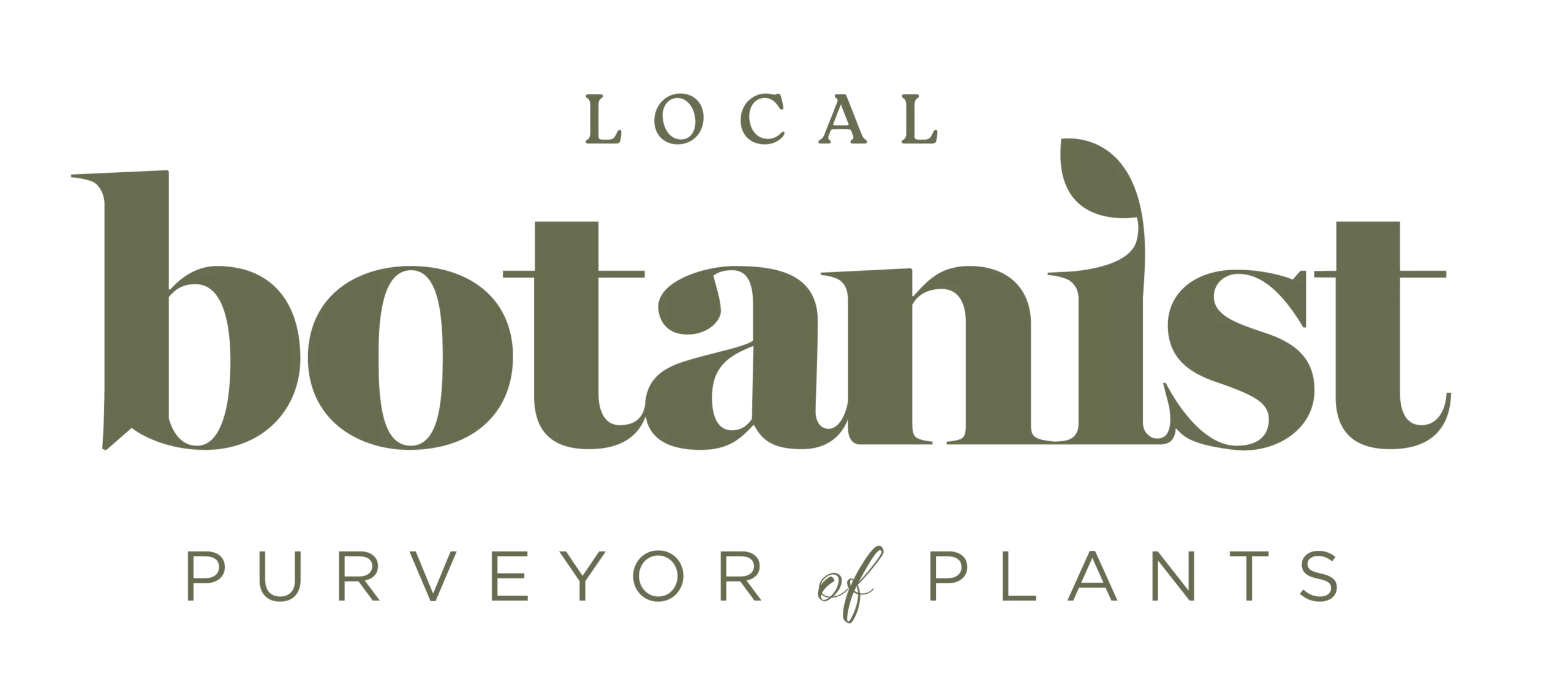
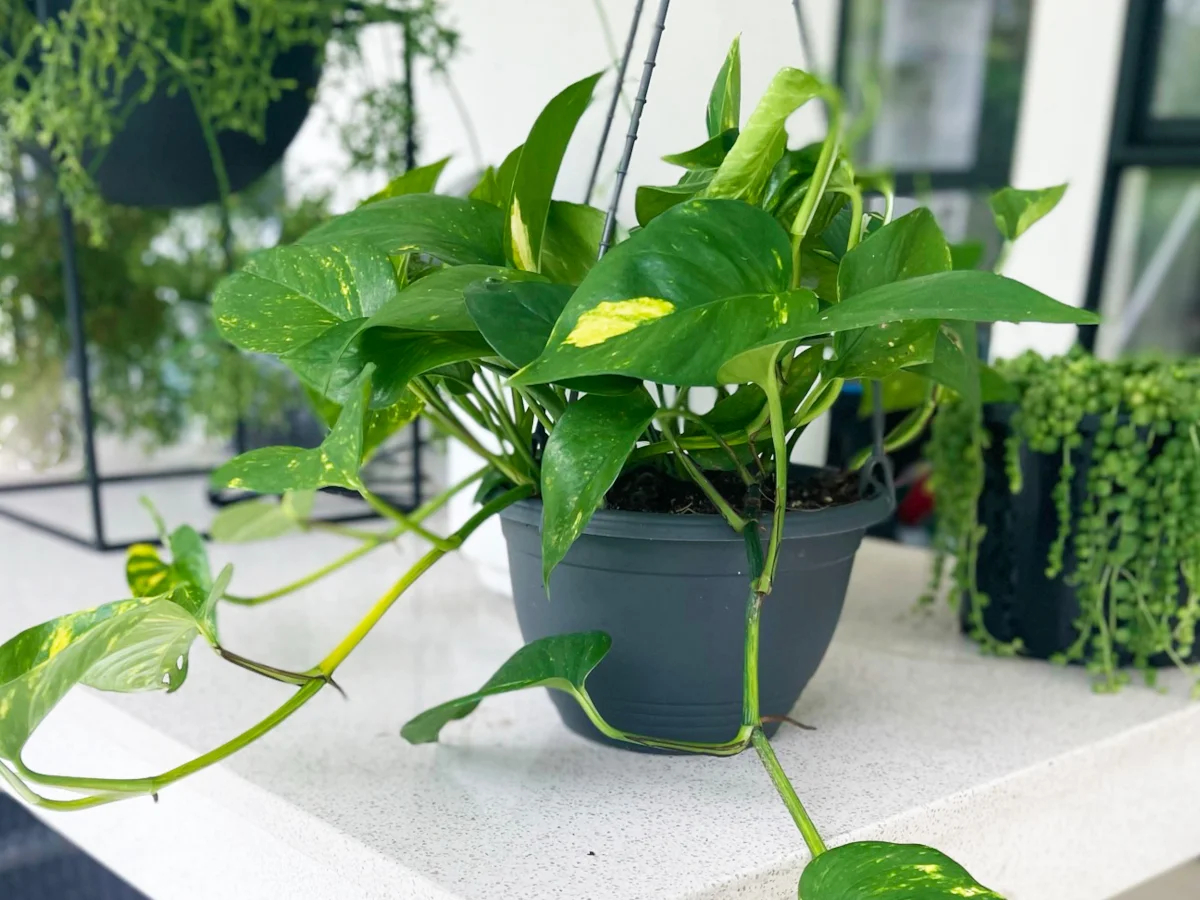
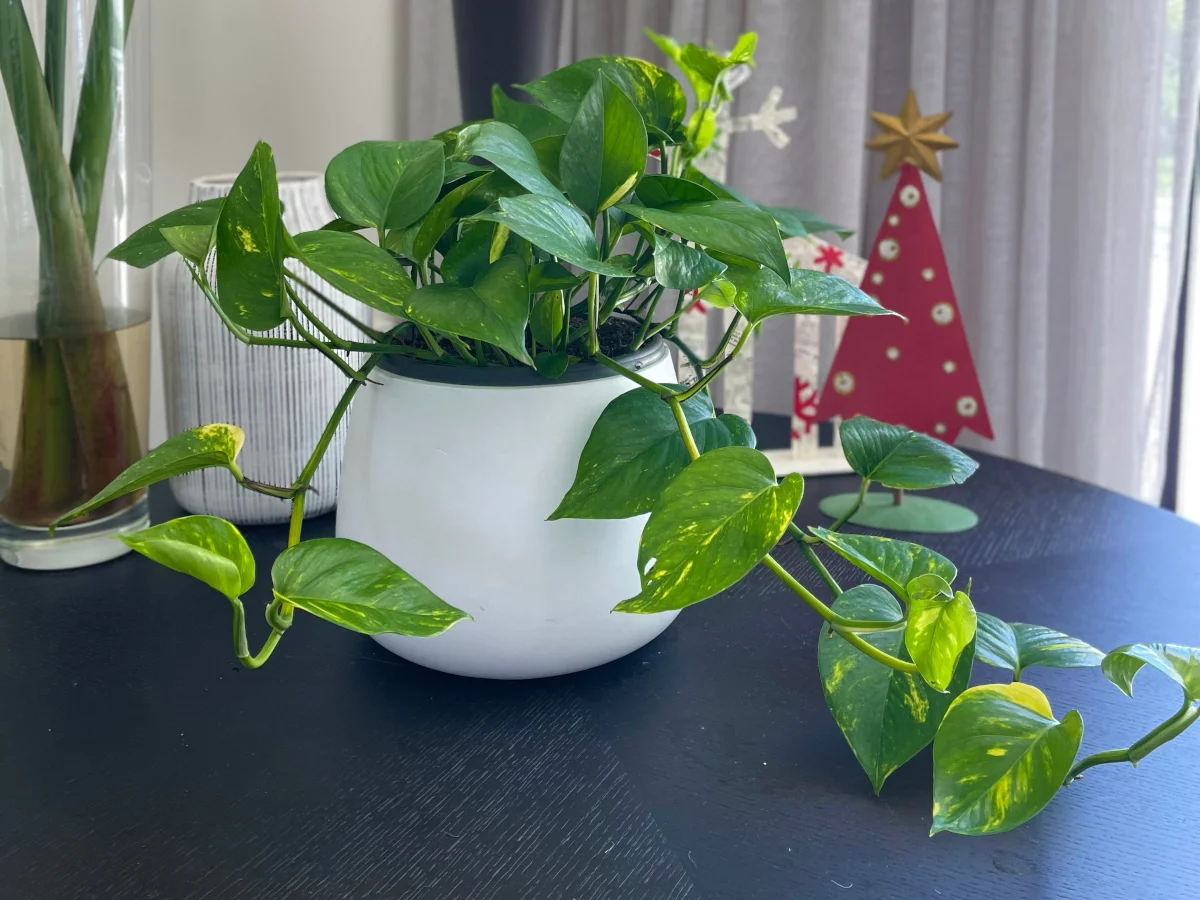
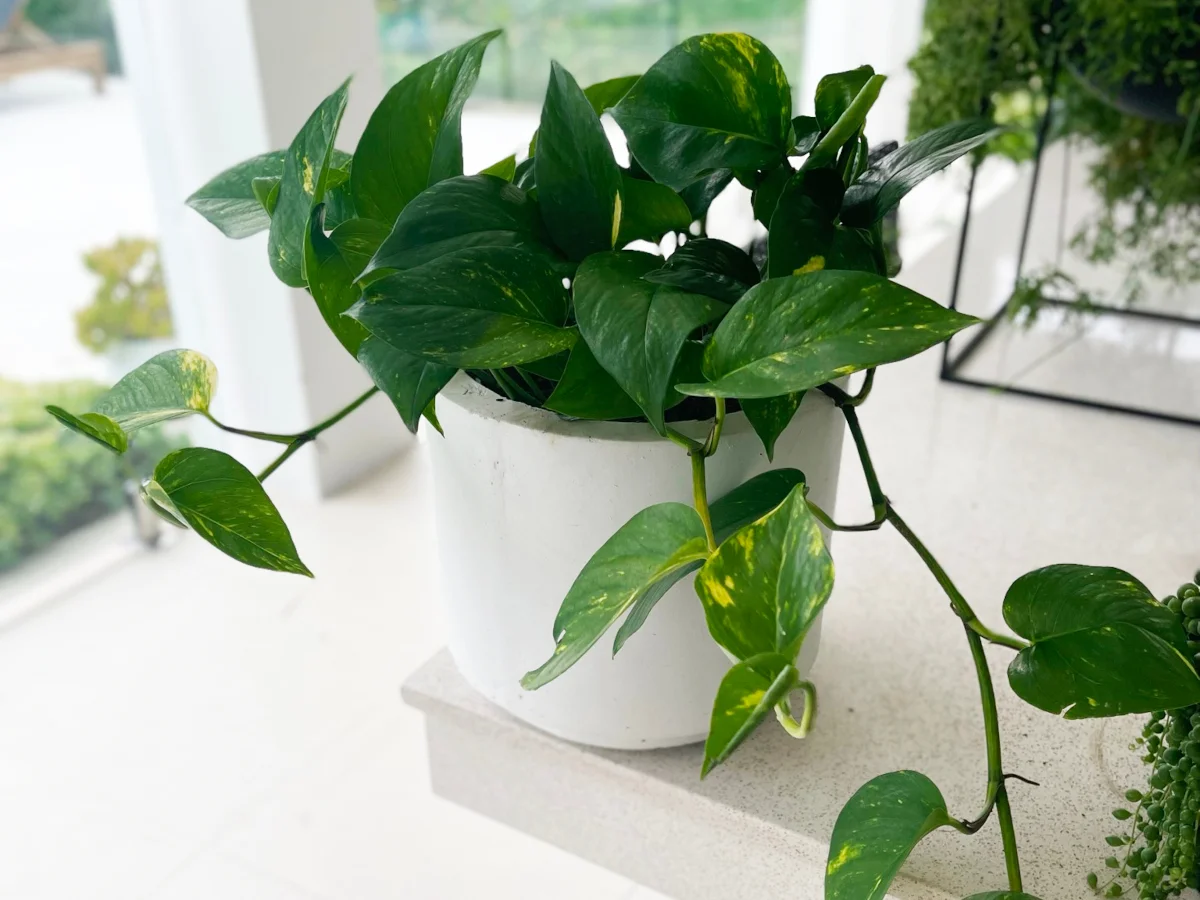
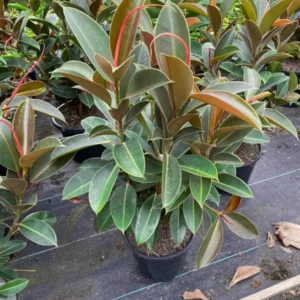
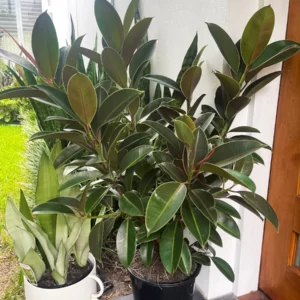
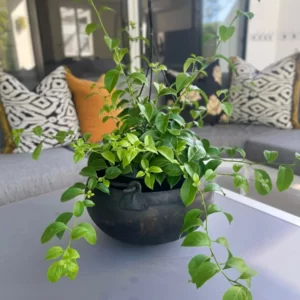
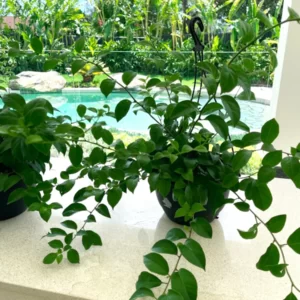
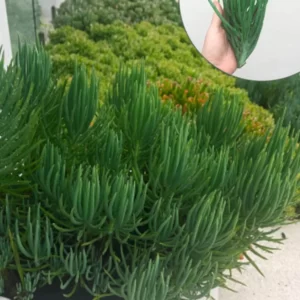

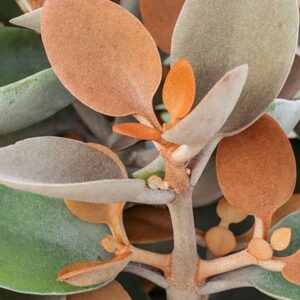
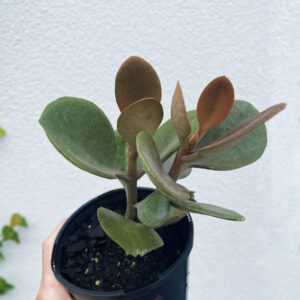
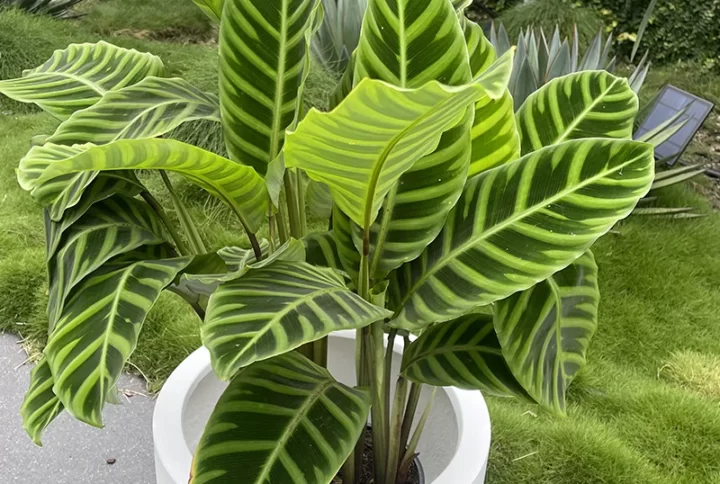
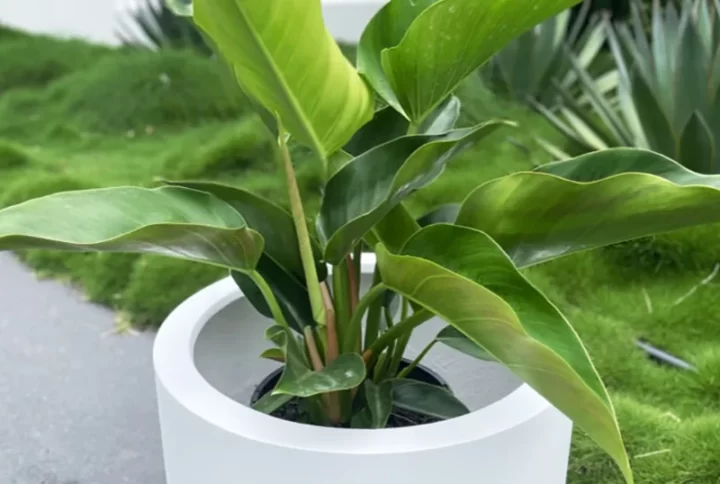
Reviews
There are no reviews yet.